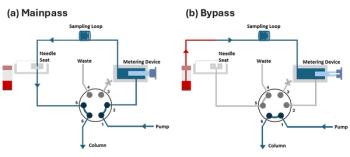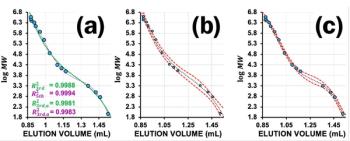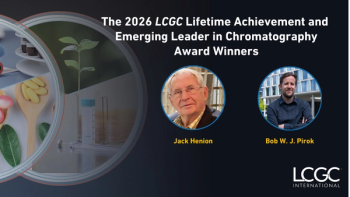
Food Safety and Chemistry Session
The Monday afternoon session on “Food Safety & Chemistry: Foodomics, Allergens, Bacteria, Foods, and Supplements,” will be held 2:30-4:30 pm in Room B405-407. The session, chaired by Michelle Colgrave, Molecular Analysis Team Leader in CSIRO Agriculture and Food, based at the Queensland Bioscience Precinct in Brisbane, Australia, addresses topics related to the analysis of coffee, milk, carbohydrates, quinoa, wine, and more.
The Monday afternoon session on “Food Safety & Chemistry: Foodomics, Allergens, Bacteria, Foods, and Supplements,” will be held 2:30-4:30 pm in Room B405-407. The session, chaired by Michelle Colgrave, Molecular Analysis Team Leader in CSIRO Agriculture and Food, based at the Queensland Bioscience Precinct in Brisbane, Australia, addresses topics related to the analysis of coffee, milk, carbohydrates, quinoa, wine, and more.
The talks are as follows:
2:30 pm: “Towards a Proper Drop Time for Coffee Beans during Roasting with Maximized Antioxidant Capacity Using Photoionization Mass Spectrometry,” presented by Jan Heide of the University of Rostock, in Rostock, Germany.
2:50 pm: “PRM-based MS Method for Detection of Milk-Derived Ingredients from a Processed Food Matrix,” presented by Bini Ramachandran of the Food Allergen Research and Resource Program at the University of Nebraska, in Lincoln, Nebraska.
3:10 pm: “Development of an Encyclopedia of Food Carbohydrates: A Rapid-Throughput LC-MS Based Approach to Global Carbohydrate Analysis of 1000 Foods,” presented by Matthew Amicucci of the University of California, in Davis, California.
3:30 pm: “Novel Dereplication Strategy for Comprehensive Studying the Unique Composition of Saponins in Taiwan Quinoa Using High-Resolution Mass Spectrometry,” presented by Hong-jhang Chen of the National Taiwan University, in Taipei, Taiwan.
3:50 pm: “A Novel, Step-Wise Nutrimetabolomics Approach Reveals Small Molecule-Associated Changes in a DASH-Diet Study,” presented by Nichole Reisdorph of the University of Colorado Anschutz Medical Campus, in Aurora, Colorado.
4:10 pm: “Fast Profiling and Classification of Wines and Wine Quality via SAWN-MS,” presented by Garry Corthals of the University of Amsterdam, in Amsterdam, Netherlands.
Newsletter
Join the global community of analytical scientists who trust LCGC for insights on the latest techniques, trends, and expert solutions in chromatography.




